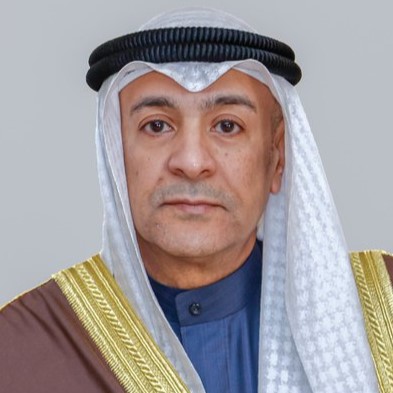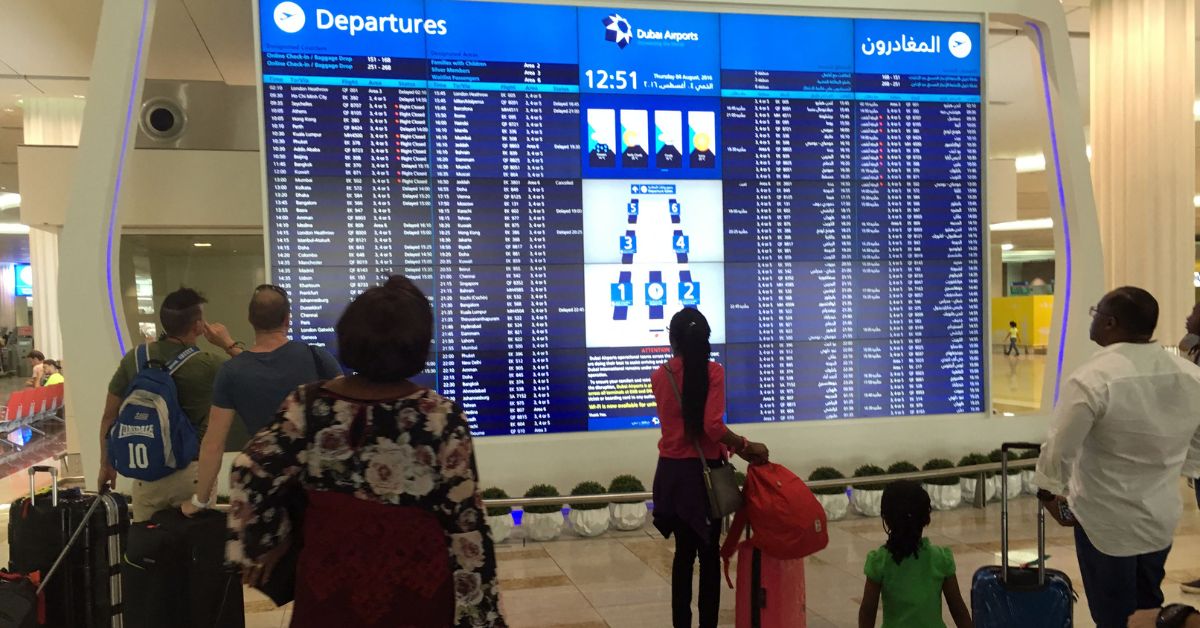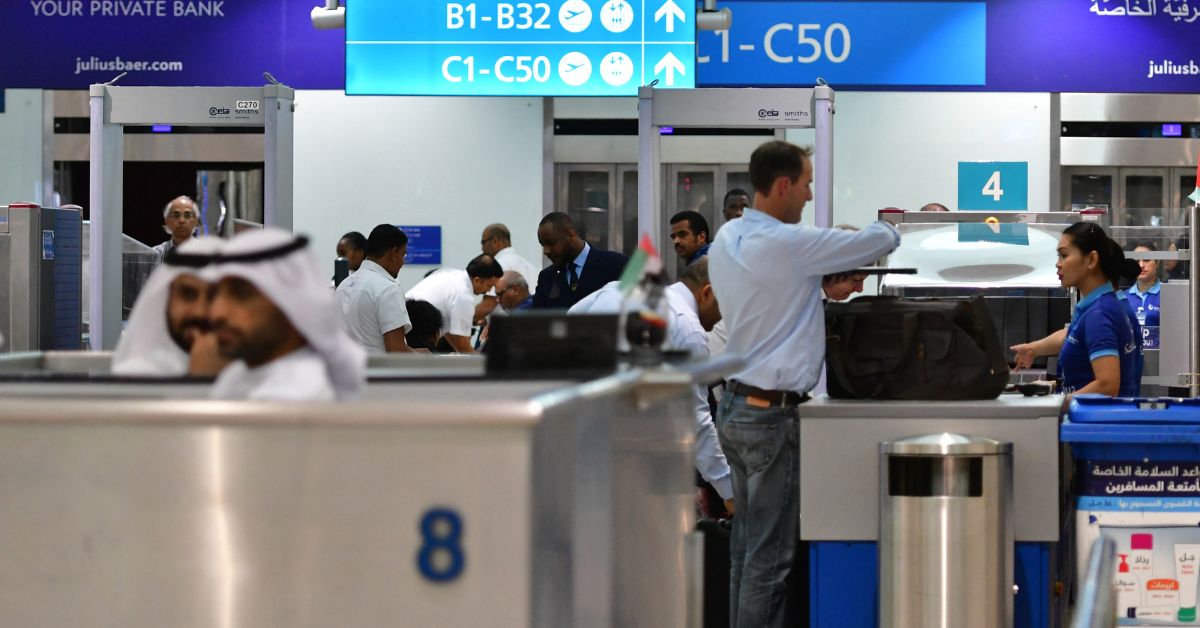DUBAI — The Gulf Cooperation Council (GCC) is setting its sights on a major travel convenience: exemption from the Schengen visa. This ambitious plan was unveiled by Jasem Albudaiwi, the Secretary General of the GCC, signaling a bold step towards easing travel restrictions for the citizens of the Gulf region.
During an exclusive interview with Saudi Television Channel 1, Albudaiwi shared his intentions to advocate for this exemption during his forthcoming visit to Brussels, the heart of European diplomacy. His trip, scheduled for the second week of Ramadan, aims to present a compelling case for allowing Gulf citizens to traverse the 27 European countries within the Schengen zone without the need for a visa.
The Schengen visa, a hallmark of European travel, permits non-European travelers to move freely across its member states, promoting tourism and business exchanges. An exemption for Gulf citizens could open new doors for cultural, economic, and social exchanges between the GCC countries and Europe.

This initiative is not the GCC’s first foray into simplifying travel for its citizens. In a landmark decision at the Doha Summit in December 2023, the GCC announced the introduction of a Unified Tourist Visa, akin to the Schengen visa, which would allow travelers to visit any of the GCC member states—Saudi Arabia, Bahrain, Kuwait, Oman, Qatar, and the United Arab Emirates—with a single visa.
This move, expected to roll out between 2024 and 2025, aims to boost tourism and economic growth within the region by removing bureaucratic hurdles and fostering a more interconnected Gulf.
The announcement, made by GCC President Sayyed Hamoud bin Faisal Al Busaidi at the 40th meeting of the Interior Ministers, was met with unanimous support from the member states. According to a CNBC 18 report, this unified visa system is set to simplify cross-border travel within the GCC, enhancing the region’s appeal as a tourist destination and stimulating economic development.

In addition to the tourist visa, the GCC states have agreed to electronically link traffic offenses across member countries. This innovative approach aims to streamline traffic management and standardize the handling of traffic violations, ensuring a safer and more efficient travel experience across the Gulf.
The Schengen visa, named after the Schengen Agreement, represents the world’s largest free travel zone, encompassing 26 countries, including 22 EU states and four non-EU countries.
This visa system has facilitated seamless travel across Europe, promoting cultural exchange and economic collaboration. With Croatia’s recent inclusion in the Schengen Zone as of January 1, 2023, the benefits of such a unified visa system have never been clearer.
As the GCC pushes for a Schengen visa exemption for its citizens, it underscores a broader effort to enhance mobility and open up new avenues for international engagement.
This initiative, coupled with the introduction of the GCC Unified Tourist Visa, marks a significant step towards a more connected and accessible world, promising easier travel and richer cross-cultural experiences for millions.








